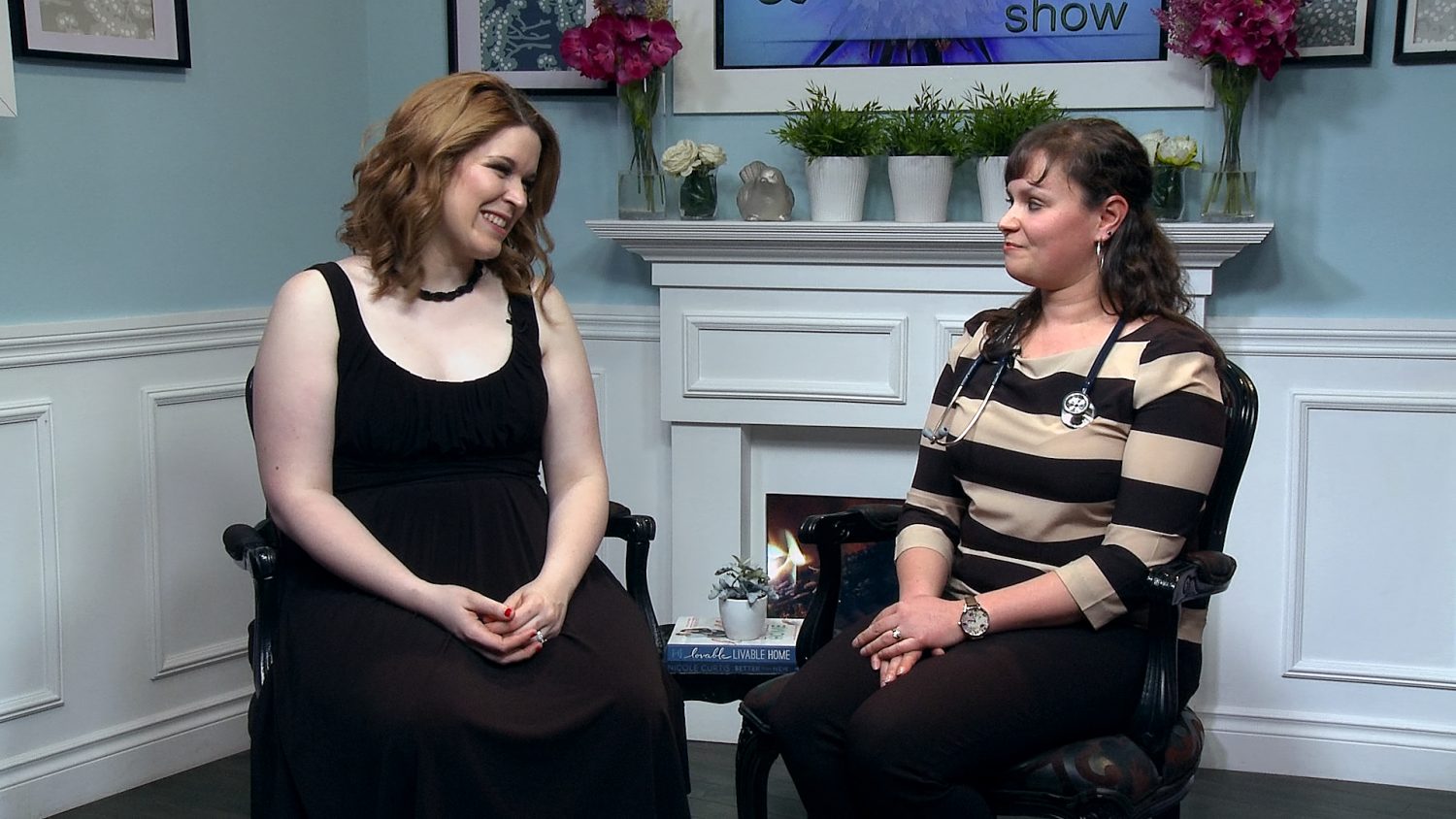Proper Sleep Hygiene
Maintaining good sleep hygiene is important in ensuring that you always sleep well and wake up feeling rested. Dr. Kheira Jolin explains what you can do to maintain a sleep schedule and practice proper sleep hygiene.
If you find sleep escaping you, perhaps it’s time to look into your sleep hygiene, which could be compromising your sleep in a big way. Dr. Kheira Jolin gives us some tips on maintaining a sleep schedule and practice proper sleep hygiene.
Review Your Sleep Routine
According to Dr. Kheira Jolin, having a good sleep routine tends to equate to having good sleep. One important practice in a good sleep routine is waking up at the same time each and every day, even on weekends. Your brain is programmed to want to go to sleep a certain amount of time after you’ve woken up, so ensuring your have a consistent wake-up time should help you to develop a consistent bedtime as well.
Be Wary of Electronics
If you’re having trouble falling asleep at night, you should do your best of avoid all screens, be it the screen on your tablet, computer, TV, or phone. Try to wane off of electronics at least one hour before bedtime. The light emitted from our oh-so-beloved screens can trick the brain into thinking it’s daytime, making it harder to fall asleep.
Don’t Toss and Turn
If you’ve been tossing and turning in bed for a while, the most important thing is to not get stressed or agitated that you can’t sleep, as this will only hinder your rest further. Simply get out of bed, and do something boring. Read a dictionary or phonebook, organize your kids’ toys, clean your blinds, or do some other sort of mundane, low-activity chore. Do not go back to sleep until you start to feel tired.
Try Melatonin
Melatonin is a hormone that your brain naturally secretes, making it an all-natural supplement, which can help with sleep. Melatonin supplements should be taken about 45 minutes before you plan to fall asleep.











